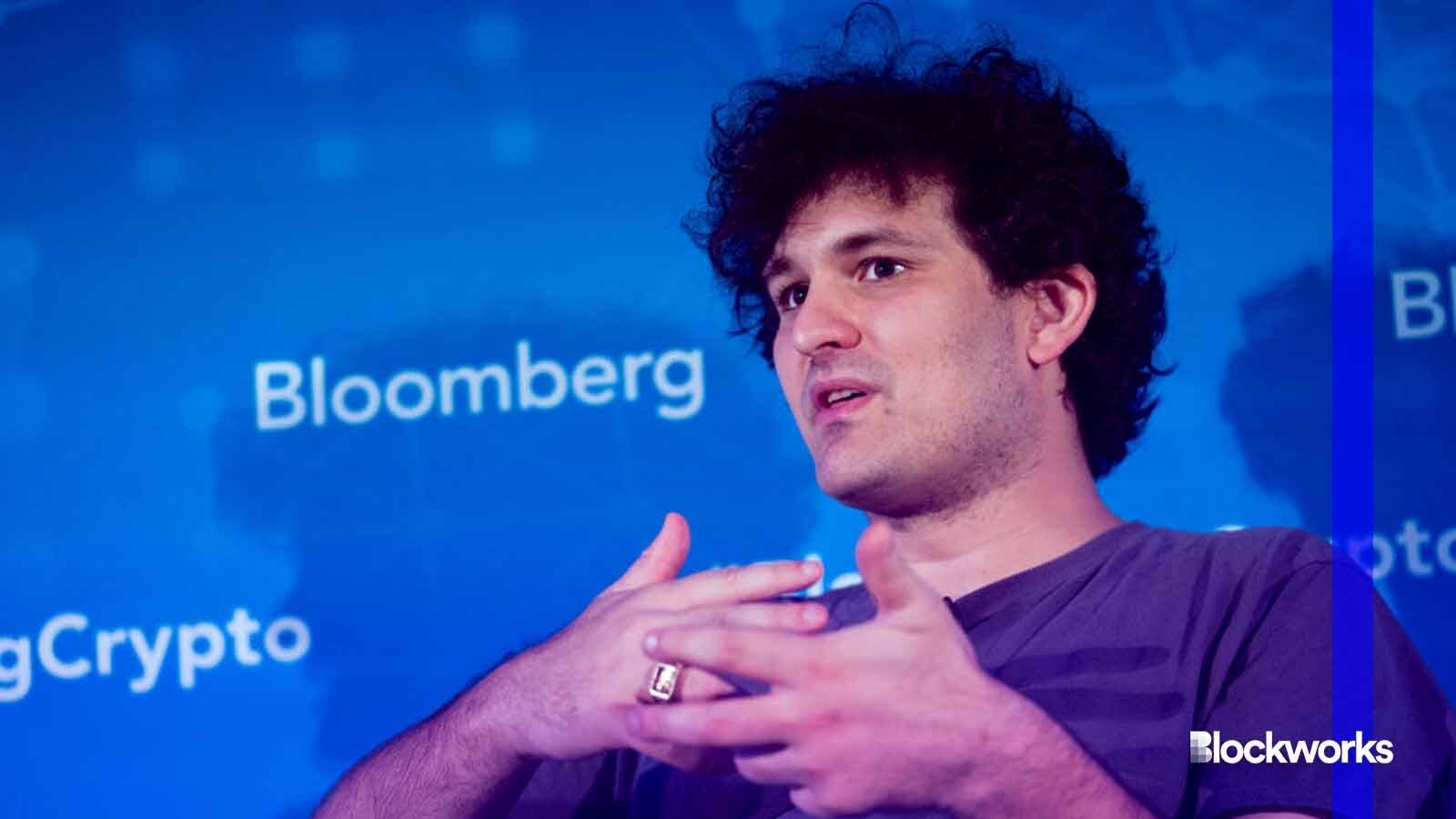Financial crimes deserve a life sentence
In the rare cases when fraud is punished — like the Sam Bankman-Fried trial — we should feel no guilt for doing so to the full extent

Getty Images modified by Blockworks
Sam Bankman-Fried faces a maximum sentence of 115 years in prison for FTX’s loss of customer funds.
If sentenced to over 100 years, his punishment will match that of serial killers and rapists, child molestors, mass shooters, cult leaders and top gangsters. Only a handful of US fraudsters in history have ever been sentenced to over 100 years. Ponzi scheme mastermind Bernie Madoff was sentenced to 150, but his fraud was the scale of $64 billion versus Bankman-Fried’s mere 10.
With all that in mind, should Bankman-Fried spend the rest of his life behind bars?
The natural inclination of many, myself included, is no. White collar financial crime doesn’t “hurt” anybody — its instruments aren’t guns and intimidation, but meetings and signatures. If they hurt anyone, they hurt faceless corporations and the already rich. Losing your freedom for life for cheating people who have money to lose and “know the risk” feels harsh.
But the thing is, the economic well-being of everyday Americans is becoming increasingly tied with giant corporations.
Americans have long heard from politicians that the economy is powered by small businesses, but this is a misconception. Most Americans now work for large employers — more than a quarter of all US employees work at firms of 10,000 people or more. And these large companies account for more sales of products and services than smaller companies do.
In addition to wages and the cost of goods, corporate activity touches households in the form of their relationships with their suppliers (who in turn employ people), investments and taxes as well. While high-income households benefit more from corporate prosperity than lower income ones do, corporations still dominate the economy and its growth, a trend that’s likely to continue.
In 2021, corporate fraud committed by public companies alone destroyed an estimated $830 billion in value in 2021 — 4% of US GDP that year, a figure greater than the overall GDP growth rate from 2022 to 2023.
When corporate leaders misbehave, their victims usually don’t know it or end up with a neat, sensational, true crime-worthy story to tell. And as such, these victims usually go unstudied. But corporate fraud bears real costs to us all. Corporate fraud means significantly less wealth flows from the economy’s main driver to American households, and it’s impossible to know the true extent to which our emotions, health and relationships are impacted. After all, money is a predictor of health, divorce rate, job satisfaction and longevity, and the correlation between money and quality of life is set to only get stronger as our social fabric continues to fray.
Read more from our opinion section: Sam Bankman-Fried will not haunt us forever
It’s easier to bear losses as a collective than it is individually, which is one explanation for why white collar criminals are prosecuted less aggressively and sentenced to less time when they’re found guilty. In 2022, prosecution of white collar crime reached an all-time low since it started being tracked, and was prosecuted at almost half the rate of drug offenses. A 2016 empirical study found that judges regularly sentence fraud cases at the exact bottom of the sentencing guideline range.
If fraud is punished less because its damage is spread out, the converse should be true as well. In the rare cases when fraud is punished, we should feel no guilt for doing so to the full extent.
For Bankman-Fried to spend the remainder of his prime in prison would serve as an important reminder of two things: that greed still has an effect, and none of us live in a vacuum. Upholding ideals like fairness and interdependence means we’ll sometimes have to act in ways that feel unnatural, especially as life becomes more digital and financialized. Though I feel for Bankman-Fried as a human, he should pay the fair price for his crimes.
Get the news in your inbox. Explore Blockworks newsletters:
- The Breakdown: Decoding crypto and the markets. Daily.
- 0xResearch: Alpha in your inbox. Think like an analyst.






